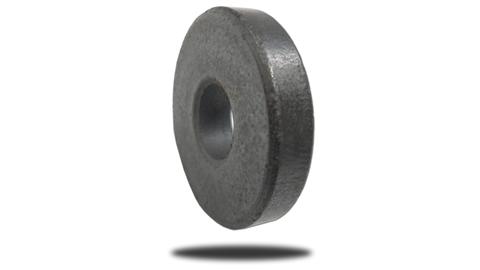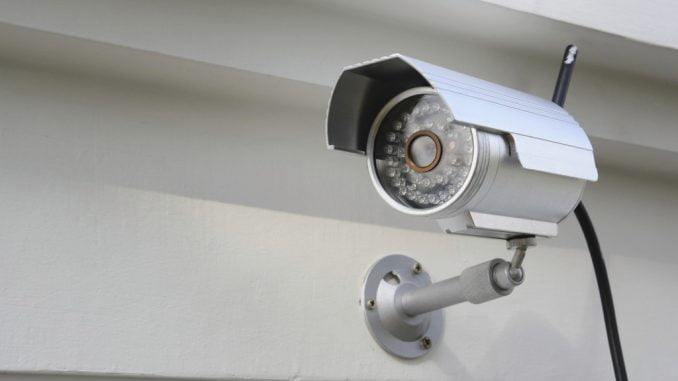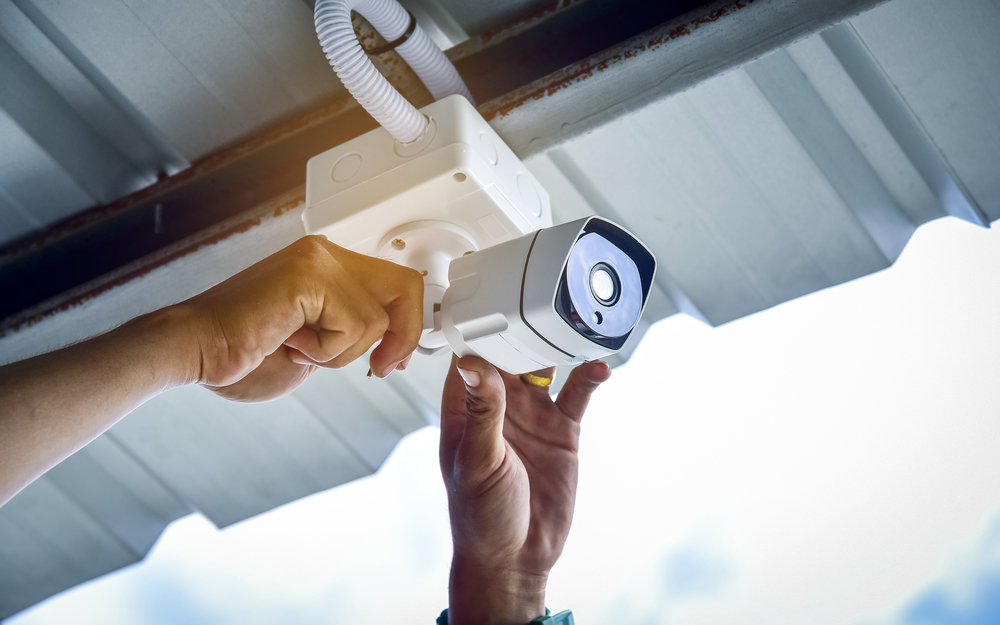Distance Converter
Have you ever wondered why it sometimes happens that places with security cameras still have their valuables robbed?
Professional thieves use many different strategies to disable security cameras, and using magnets is one of the most effective strategies.
You read that right—a magnet! In this article, we will learn about the topic of whether can magnets damage cameras and the answer to this question.
Real security cameras can be momentarily disabled and interfered with by magnets.
The signal of the security camera can be interfered with by the intense electromagnetic field.
Potentially, these magnets could disable the sensors and possibly cause serious harm to the metal parts of the security camera.
Let’s dive a little deeper into this article on the subject of whether can magnets damage cameras.
Continue reading!
Can Magnets Damage Cameras?

Interference with security cameras can come from magnets.
When a magnet is placed near or near the camera, it has the ability to momentarily disable it, allowing the robbers to potentially escape.
This is because the magnetic field interferes with the signal transmission caused by the magnet.
In addition, these magnets can permanently damage the interior of these security devices, in addition to disabling the camera.
How Can I Disable a Covert Camera?
Hidden cameras may be extremely frightening, especially if they are put in strange places.
You could feel scared by these espionage gadgets because you think your privacy is being invaded.
So, how do you typically handle these covert cameras?
By covering up any drill holes that may be its location, hidden cameras can be blocked.
Installing programs that look for concealed cameras or using a flashlight to look for lenses are other options.
Cover the spy cameras so they can’t record and observe your activities.
What Can Block Security Cameras?

Blocking security cameras is essential, but there are still effective methods.
After all, some people worry that these cameras are being used to eavesdrop on or invade their privacy.
It might be better if you erect anything that can block the view of the security cameras if you want to block them.
You can plant trees outside your house that may obstruct the view of the camera.
Simple barriers like curtains or window blinds can be enough to cover these cameras‘ entire field of view and prevent them from peeking into your privacy.
However, there are other illegal ways to turn off security cameras.
Chances are, skilled criminals are doing this to avoid getting caught.
The use of signal jammers, spray paint, cable severing, and hacking are a few examples. and there’s the answer above to the question of whether can magnets damage cameras then you can also use magnets for this.
How Are Home Security Cameras Disabled by Burglars?
Actually, there are numerous approaches to turning off a home security camera.
Because of this, there are still instances of burglary in homes that have these security features.
You ought to read my post on how to fool burglars.
Magnets, lasers, breaking cords, and even hacking are a few methods for disabling them.
The magnetic field where the camera signals are sent may be disturbed by magnets.
As a result, the camera becomes momentarily unusable, disturbing its monitoring.
Once directed, lasers can harm camera sensors and lenses.
If the crooks are very computer savvy, they might potentially turn to software hacking to disable the installed home security cameras.
Of course, cutting the cables is the quickest way to ruin them.
Does a Laser Damage a Camera?

There are more ways besides blocking them to sabotage a camera’s work.
There are also techniques you can take to get rid of them, but they are illegal and may get you in jail.
But it’s crucial that you understand since robbers can employ these strategies to get past security cameras.
A laser can potentially harm a camera, in addition to magnets.
The camera lens may eventually sustain significant harm from laser pointing, rendering them useless.
The sensors and lenses of a camera must be destroyed, thus these lasers must be of a high caliber and capable of being directed for a long time.
How to Ensure That Your Security Camera Always Operates
Security is the main reason why most individuals have bought and installed security cameras.
These tools are efficient in keeping burglars away from your home and even catching thieves who might try to break in.
Naturally, you would want these cameras to function at all times.
Check to see if your security cameras are operational; failing to do so would render them useless in terms of recording anything.
You may verify that your camera is turned on and performing its monitoring by looking at its power indicator, which is typically the flashing red light.
To check that your security camera is operational and to detect the camera’s signal, you can also utilize electronic bug detectors.
Additionally, verify that the security camera is operational round-the-clock by going into your camera software and viewing the live feed.
You should stay current and often examine your security cameras to make sure everything is functioning properly.
Conclusion
Through the article about what can magnets damagec ameras, we can see a camera can get disabled in a number of different ways.
One of the most efficient ways to tamper with the signals required by the cameras is with magnets.
These magnets interfere with the magnetic field, which breaks down the camera.
Lasers, cable cables, and hacking techniques are some tools burglars can use to destroy security cameras.
To avoid any inconveniences or crimes in your house, it is crucial to make sure your security cameras are always operational.
